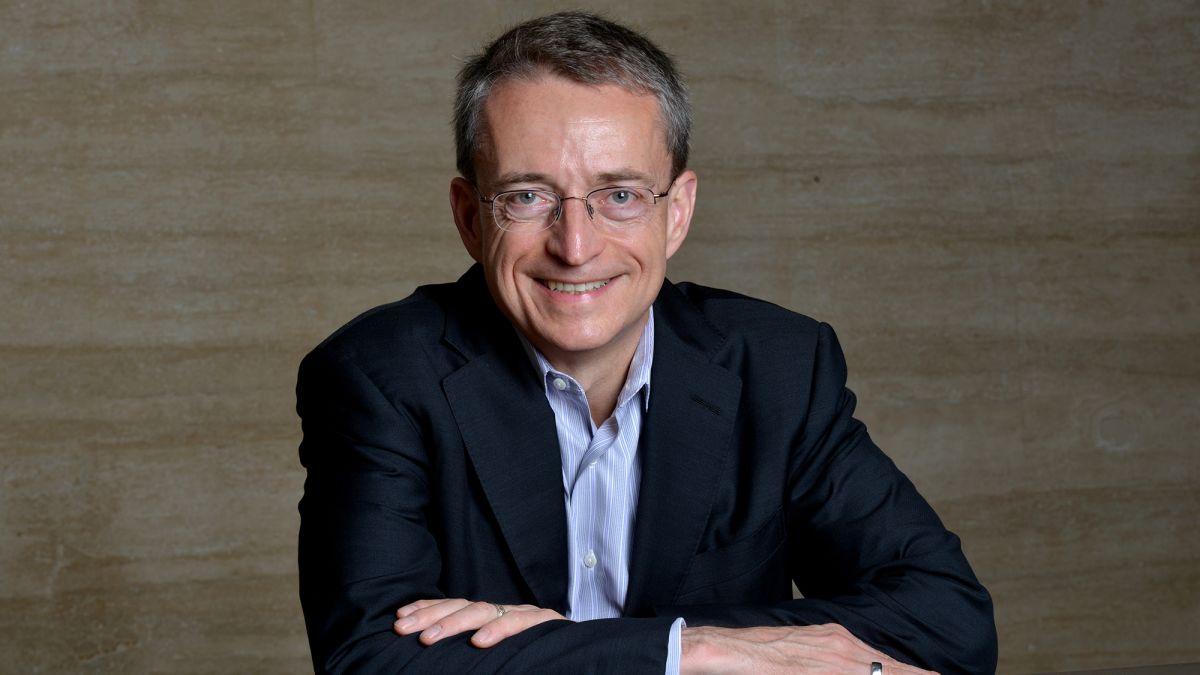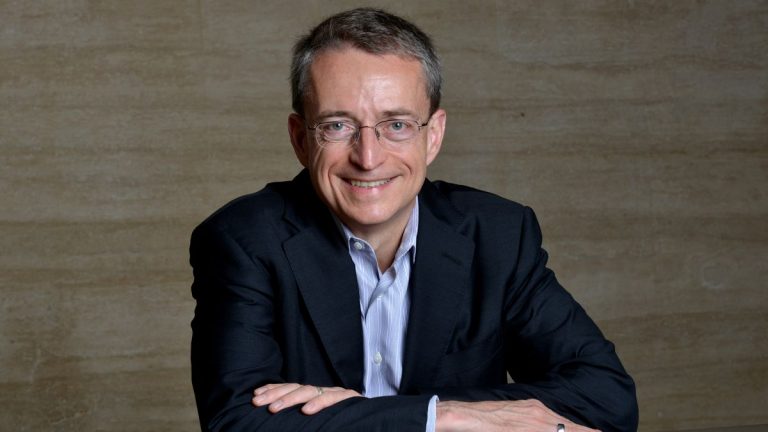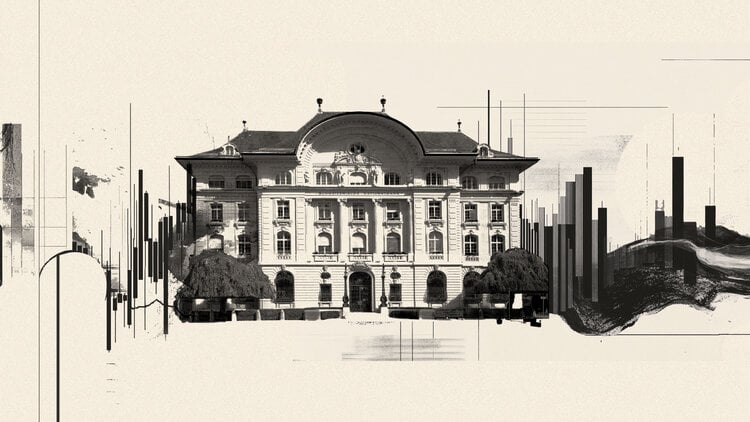Former Intel CEO Pat Gelsinger Warns of AI Bubble but Predicts It Won’t Burst for “Several Years”


Former Intel Chief Executive Officer Pat Gelsinger has become the latest high-profile voice to warn that the world is in the midst of an artificial intelligence (AI) bubble — though he believes the boom still has significant room to run before it slows down.
“Are we in an AI bubble? Of course. Of course we are,” Gelsinger told CNBC’s Squawk Box in an interview on Monday. “I mean, we’re hyped. We’re accelerating. We’re putting enormous leverage into the system.”
Gelsinger, now a general partner at the Silicon Valley venture capital firm Playground Global, said he expects the AI bubble to continue expanding for “several years” before any correction happens. He noted that while there has been an “industry shift to AI,” companies have “yet to really start materially benefiting from it.”
Register for Tekedia Mini-MBA edition 18 (Sep 15 – Dec 6, 2025): registration continues.
Tekedia AI in Business Masterclass opens registrations.
Join Tekedia Capital Syndicate and co-invest in great global startups.
Register for Tekedia AI Lab: From Technical Design to Deployment.
His remarks come amid an increasingly fierce global debate about the sustainability and real economic impact of the AI boom, which has driven record investments, valuations, and stock market surges.
Investors Keep Pouring In
Despite repeated warnings, investors remain unrelenting in their bets on companies offering AI products and infrastructure. Tech giants such as Nvidia, Microsoft, Amazon, Alphabet, and Meta have together invested hundreds of billions of dollars into AI data centers, cloud infrastructure, and chip manufacturing. Nvidia’s market value alone has soared past $4 trillion, largely due to its dominance in the GPU market, powering AI systems.
In recent months, companies like OpenAI, Anthropic, and Cohere have attracted multi-billion-dollar funding rounds, while chipmakers such as AMD, Broadcom, and TSMC have seen unprecedented demand from data center clients.

However, the pace of investment has sparked anxiety among analysts and executives who question whether the returns will justify the massive capital outlays. As Gelsinger pointed out, the market’s enthusiasm has far outstripped the tangible productivity gains AI has delivered so far.
The Growing Bubble Debate
The divide among business leaders over the real impact of AI has widened sharply in recent months. Gelsinger’s assessment adds to a chorus of voices suggesting the industry is entering speculative territory.
OpenAI CEO Sam Altman, whose company ignited the current AI frenzy with the launch of ChatGPT in late 2022, said earlier this year that the sector is “overhyped in the short term and underhyped in the long term.” Altman admitted that a correction could occur as companies and investors realize that not every AI application will be transformative or profitable.

Alibaba cofounder Joe Tsai also warned recently that he was “beginning to see some kind of bubble” in AI valuations, saying the pace of investment reminded him of the late 1990s internet boom.
“I start to see the beginning of some kind of bubble,” Tsai told delegates at the HSBC Global Investment Summit in Hong Kong earlier this year. Some of the envisioned projects commenced raising funds without having secured “uptake” agreements, he added. “I start to get worried when people are building data centers on spec. There are a number of people coming up, funds coming out, to raise billions or millions of capital.”
On the other side of the debate, Nvidia CEO Jensen Huang — whose company is arguably the single biggest winner from the AI surge — has dismissed comparisons to the dot-com bubble. Huang insists that AI represents a lasting technological shift already delivering measurable productivity.
Similarly, Microsoft CEO Satya Nadella has argued that AI is not a bubble but the “next platform shift” comparable to the birth of the internet or the smartphone. Microsoft has invested tens of billions of dollars in OpenAI and in upgrading its Azure data centers to handle AI workloads, betting that AI will redefine enterprise software and search.
“Late on AI” and Lessons from Intel
For Gelsinger, the lessons come from experience. During his nearly four-year tenure as Intel’s CEO, he tried to reposition the company to compete in the fast-evolving semiconductor market dominated by Nvidia, AMD, and TSMC. However, Intel’s delays in developing high-performance chips for AI workloads left it struggling to keep pace.
Reflecting on his time at the company, which he left in December 2024, Gelsinger admitted that Intel “made a set of bad decisions over 15 years” and was “late on AI as well.” He said his focus at Playground Global now includes supporting startups working on practical applications of AI, robotics, and computing infrastructure that could prove durable beyond the current speculative cycle.
Financial analysts have echoed Gelsinger’s caution, warning that AI infrastructure spending could soon outpace near-term returns. Goldman Sachs recently estimated that global AI investment could reach $1 trillion by 2030, but noted that only a fraction of that spending has translated into measurable profit so far.
Morgan Stanley analysts have drawn parallels with the early internet era, saying that while AI will likely have a lasting impact, the valuation multiples for many AI-linked companies are “unsustainably high.”
Similarly, economists at Bank of America said that while AI adoption could eventually boost productivity, “the market may be pricing in gains that could take years to materialize.”
“Building the Rails”
Gelsinger concluded his remarks with a metaphor capturing both the optimism and caution surrounding AI’s evolution.
“We’re building the rails for the future,” he said, “but we haven’t yet seen the trains really running on them.”
His view underscores a growing recognition in Silicon Valley and on Wall Street that while AI is undoubtedly transforming industries and sparking one of the most powerful investment waves in decades, its true payoff — and whether it can sustain the trillions of dollars now chasing it — remains uncertain.





